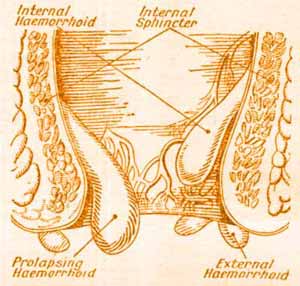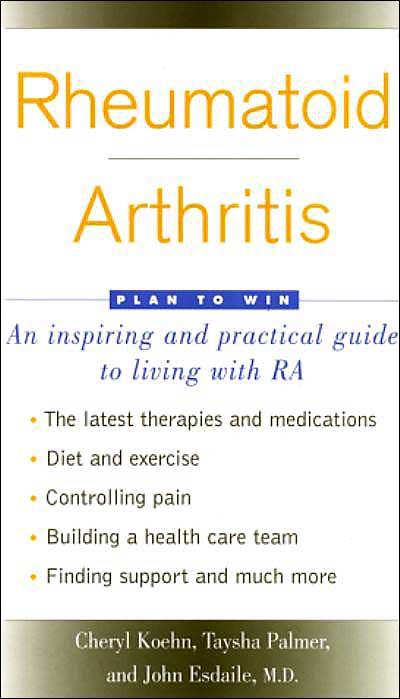by Mohammed Salman Shahid
Stress incontinence is an involuntary leakage or loss of urine that occurs during physical activity, such as coughing, sneezing, laughing, or exercise. It is a common and distressing problem, which may have a profound impact on quality of life.
Urinary incontinence almost always results from an underlying treatable medical condition but is under-reported to medical practitioners. There is also a related condition for defecation known as fecal incontinence.
In stress incontinence, the sphincter muscle and the pelvic muscles, which support the bladder and urethra, are weakened. The sphincter is not able to prevent urine flow when there is increased pressure from the abdomen (such as when cough, laugh, or lift something heavy).

The weakness may be caused by:
• Injury to the urethral area
• Some medications
• Surgery of the prostate or pelvic area
Stress urinary incontinence ; woman is the most common type of urinary incontinence in women. It is often seen in women who have had multiple pregnancies and vaginal childbirths, and whose bladder, urethra, or rectal wall stick out into the vagina (pelvic prolapse).
Treatment
There are four major categories of treatment for stress incontinence:
• Behavioral changes
• Medication
• Pelvic floor muscle training
• Surgery
Prevention :
Performing Kegel exercises (tightening the muscles of the pelvic floor as if trying to stop the urine stream) may help prevent symptoms. Doing Kegel exercises during and after pregnancy can decrease the risk of developing stress urinary incontinence after childbirth.
Supporting Homeopathic Remedies are
Causticum , Benzoic Acid , Bryonia , Rhus Tox , Gelsimum , Ars Alb , Cicuta Virsa , Acid Phos , Equisetum , Rhus aroma etc.





































There's a new and safer way to achieve the same results as Coaptite. Using blood-derived growth factors to treat stress incontinence avoids the risk of granuloma formation.
ReplyDeleteYou can find out more by going to the following website: http://www.southernbellemedicine.com/o-shot/